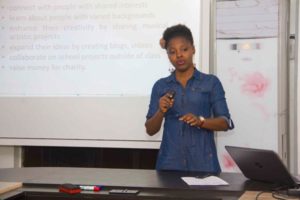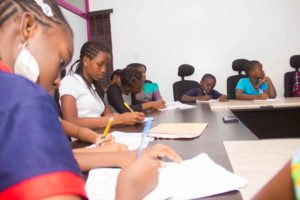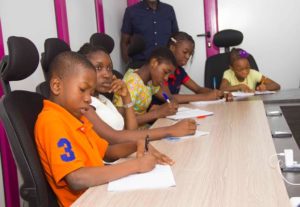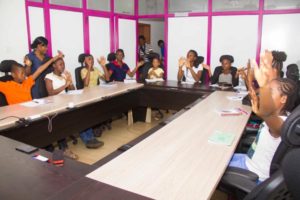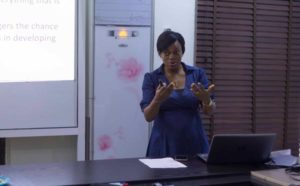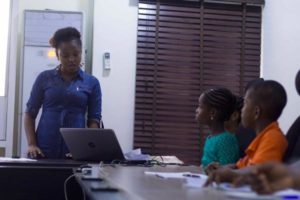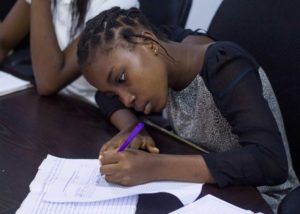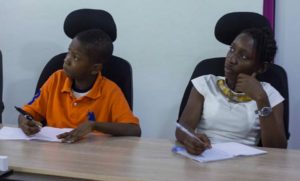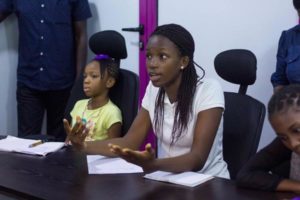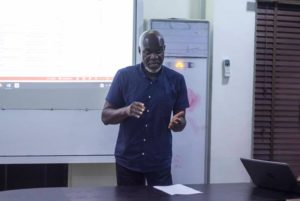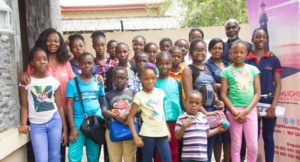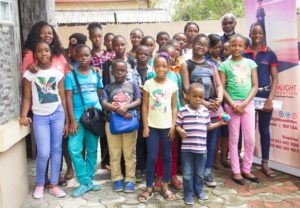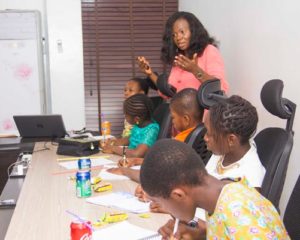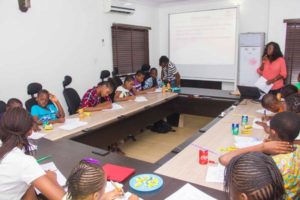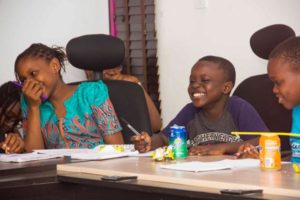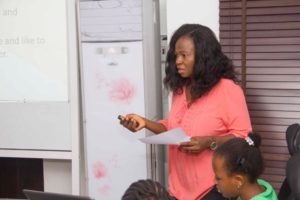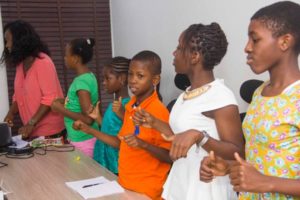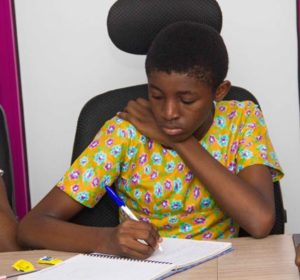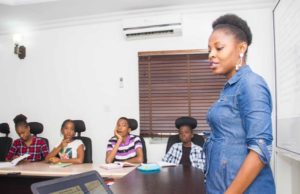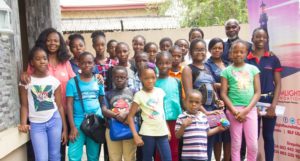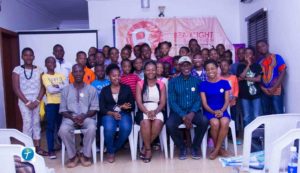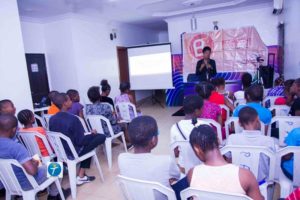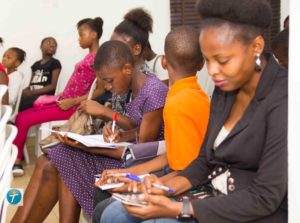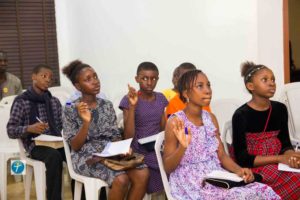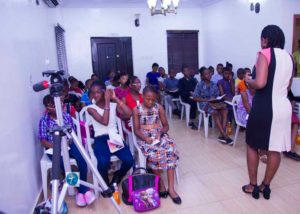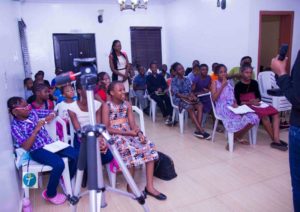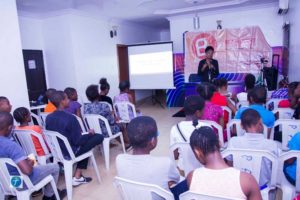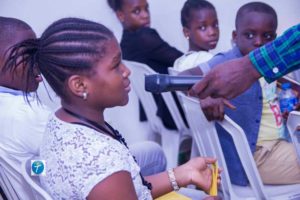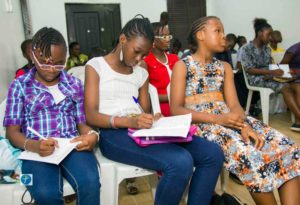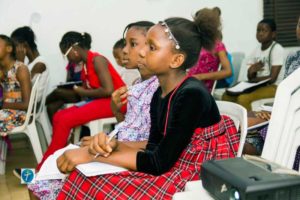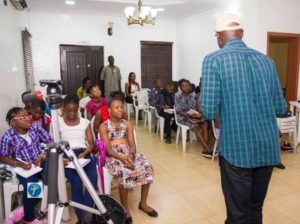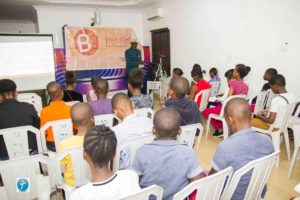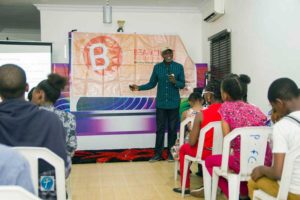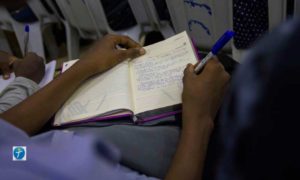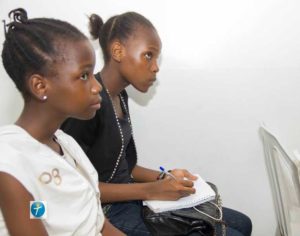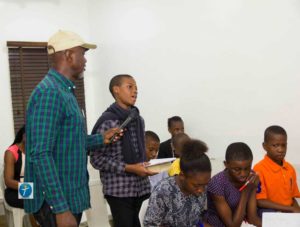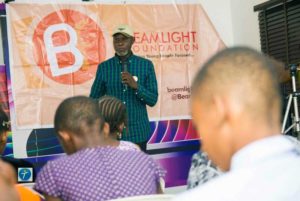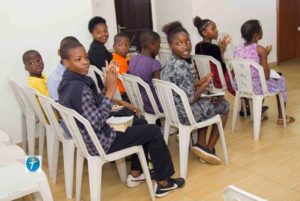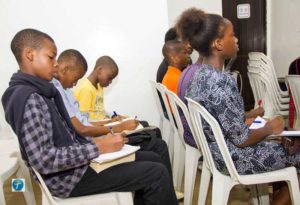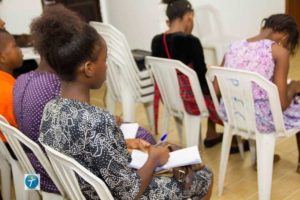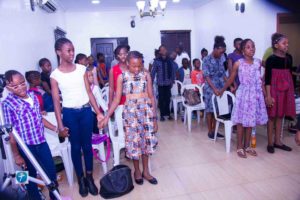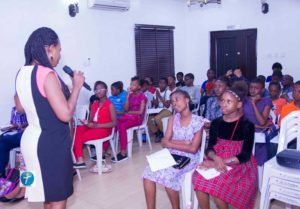Excerpts from BLF Coaching/Mentoring Class Held on 10th June 2017
BeamLight Foundation Coaching/Mentoring Class held on 10th June 2017 focused on:
- Impact of Internet/Social Medial on Teens
- Me & My Exams
The participants learnt that there were positive as well as negative impacts of Internet/Social media. The positive impacts of internet/social media on teens include:
- It promotes social networking. For example, staying connected with friends and connecting with people of shared interests.
- It facilitates learning by offering a wide range of materials useful for academic purposes.
- Enhance their creativity by sharing musical and artistic projects.
- Expand their ideas by creating blogs, video.
- It is also use as an avenue to raise money for charity etc.
While the negative impacts of the internet/social media include:
- Cyberbullying
- Sexting
- “Facebook depression”
- Lower school grade
- An obsession or compulsion to constantly check social media (i.e. addiction)
- Drifting while exploring the internet
- One may become victim of identity theft
- Ignoring the importance of appropriate behaviour related to face-to-face contact. Hence, the set of interpersonal skills that are necessary for success in the real life may not develop properly.
- Time wastage
- Less time for sleeping which may result to insomnia.
Participants were also informed of possible ways of overcoming the negative impacts of the internet/social media. These include:
- Not sharing your password with anyone
- Accepting friend requests from people you know only
- Not posting anything you wouldn’t want your parents, teachers, or employer to see
- Be authentic: That is, be real with yourself.
- Learn about privacy setting
- Think carefully about how you present yourself when you are choosing a profile image. Think also about the language you use.
- Be careful with personal information: That include your personal information and those of your friends.
- Trust your instincts.
Furthermore, in the session of “Me & My Exams” participants were told that examination is an inevitable part of learning. Examination was defined as “a formal test of a person’s knowledge or proficiency in a subject or skill.”
Participants were also informed that temperament/personality plays a key role in how a person learn and prepare for exams. According to Barbara Keogh (PhD) in “Temperament in the classroom helping each child find a good fit”: “Achievement in school is obviously related to a child’s ability, to his motivation, to his experiences, and to the quality of instruction he receives. Achievement is also related to temperament.” The basic temperaments/personality types were given as: Sanguine, Choleric, Phlegmatic, and Melancholic.
Participants were also given tips on how to prepare for examination. These include:
- Make a study time-table
- Treat all your subjects as important
- Create extra time for subjects that appear a bit more difficult
- Develop the habit of reading through your work everyday
- Study in group as well as alone
- Don’t be afraid to ask questions where you are having difficulties
- Pray about your exams.
The barriers to exam preparation were given as:
- Failure to pay close attention when lessons are being taught.
- Procrastination
- Over-confidence
- Self-doubt
- Laziness
Participants were informed that they can overcome these barriers through discipline, dedication and commitment to doing things rightly and on time.
